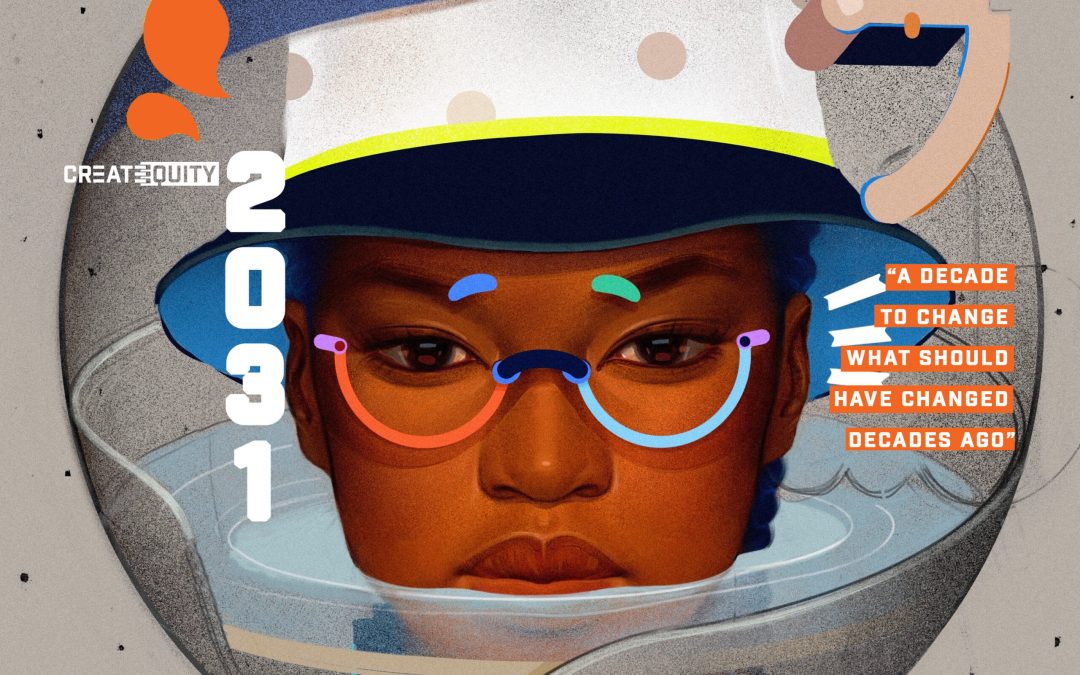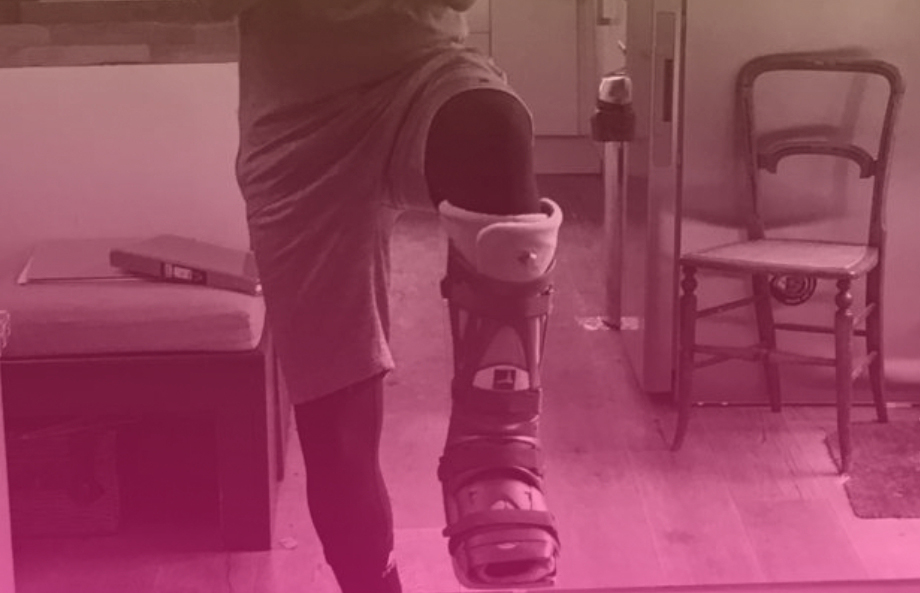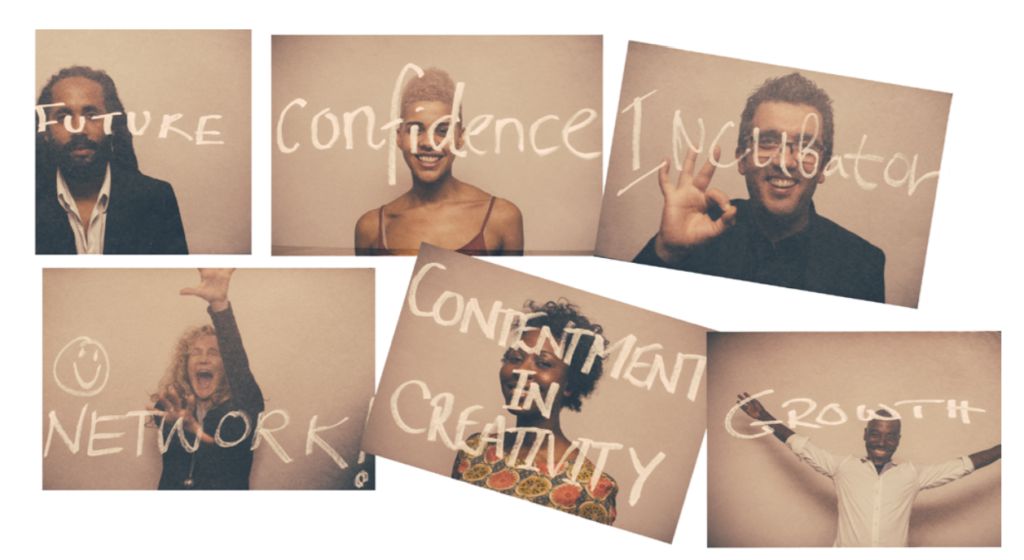A decade to change what should have changed decades ago
I have been in discussion with Arts Council England, Esmée Fairbairn Foundation, Paul Hamlyn Foundation, Nesta and the British Film Institute (BFI) amongst others about Create Equity’s campaign to get the sector funding equitably (in proportion to the BAME population) by 2031. Based on today’s population, this would represent an estimated increase of c.£104m p/a. Conversations are ongoing with funders about the measurement criteria and the best strategic approach to achieve our goal. We are now seeking public engagement on the 2031 campaign pledge outlined in the article below.
We believe that
- There is significant untapped BAME creative, entrepreneurial and leadership talent in the creative sector.The arts funding system has underinvested in BAME talent.We need a systemic change in the funding system to correct this imbalance.The impact of a global pandemic – coupled with persistent racial injustices – make this the ideal moment to make arts funding equitable.
By committing to the Create Equity 2031 Pledge we will
- Help cultivate the untapped BAME creative, entrepreneurial and leadership talent in the creative sector.Share arts funding in proportion to the BAME population of the UK by 2031*.Encourage government bodies, local authorities, public funders, trusts, foundations and major commercial sponsors to distribute their funds equitably and challenge them if they take no action. Be accountable for our actions and track our progress in terms of the projects we back and the creative talent we support.Share our learning with the wider sector to make the change visible, help reframe the funding conversation and level up the funding landscape.Advocate for all sectors of the arts and creative industries to join us as signatories to this Pledge.
* We will use Office for National Statistics data for population statistics.
For more information and updates on the Pledge visit our website Create Equity.
NB. We recognise the diversity of individual identities and lived experiences, and understand that BAME is an imperfect term that does not fully capture the racial, cultural and ethnic identities of people that experience structural and systematic inequality.




